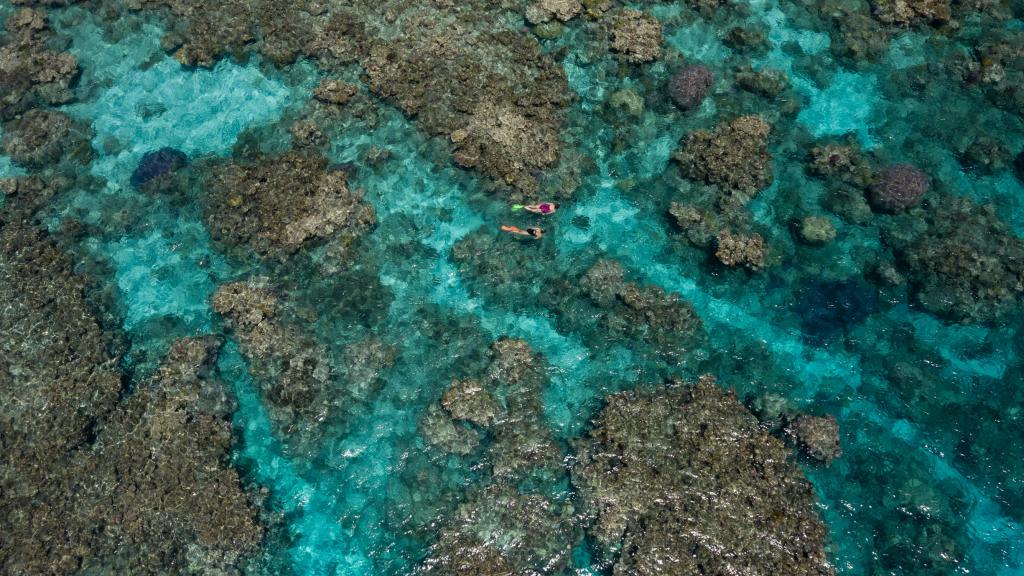25th October 2017

A World Heritage listed natural wonder, the Great Barrier Reef is one of Australia’s most iconic attractions. It’s also incredibly cheap to visit and some are now asking the question – is it too cheap? The cost to enter the Great Barrier Reef Marine Park is just $6.50. In contrast, other precious natural attractions around the world ask a lot more. For example, visiting the mountain gorillas in Rawanda will set you back US$1,500.
While Great Barrier Reef tours cost more than just the entry fee, the cost is still on the low end compared to the precious wonder it provides access to. This has some people questioning whether Australia is undervaluing its most important natural icon and wondering whether visitors would be happy to pay a bit more to experience this truly unique natural attraction.
$6.50 seems like an absolute bargain to visit one of the greatest treasures in the world, but what does it actually mean for the reef? Putting a dollar value on the natural world can be quite a heated topic, as Deloitte Access Economics discovered earlier this year when it released a report that valued the Great Barrier Reef at $56 billion.
The Deloitte Access Economics valuation was reached by assessing the reef’s worth as an Australian economic, social and iconic asset, but the valuation was met with some criticism, with detractors asserting that the true value of the Reef is priceless. The estimate was based on surveys measuring consumer surplus and non-use benefits, a research technique that essentially asks people what they would be willing to pay for a particular benefit.
For example, the Great Barrier Reef entrance fee is $6.50 however if visitors were willing to pay, say, $50, that equals a consumer surplus of $43.50. In other words, visitors are receiving $43.50 worth of value that they did not have to pay for. The Deloitte report also estimated that the Great Barrier Reef contributes $6.4 billion to the economy through tourism, recreation, fishing, and research and scientific management. That seems like an awful lot for something that only asks $6.50 for entry.
Some people are instinctively against the concept of attempting to put a monetary value on natural attractions like the Great Barrier Reef but valuations help to offer a framework for thinking that enables us to integrate environmental information into the economic process that most decisions are based on. After all, money makes the world go round.
The reef is currently facing a number of challenges including the impacts of nutrient runoff, climate change, fishing and tourism. Managing these pressures takes resources and funding. It makes sense that those who benefit from the Great Barrier Reef also contribute to it. However if visitors were asked to pay a higher price, would that in fact help the reef or would it simply harm tourism numbers? Can you really put a price on paradise? It seems only time will tell.